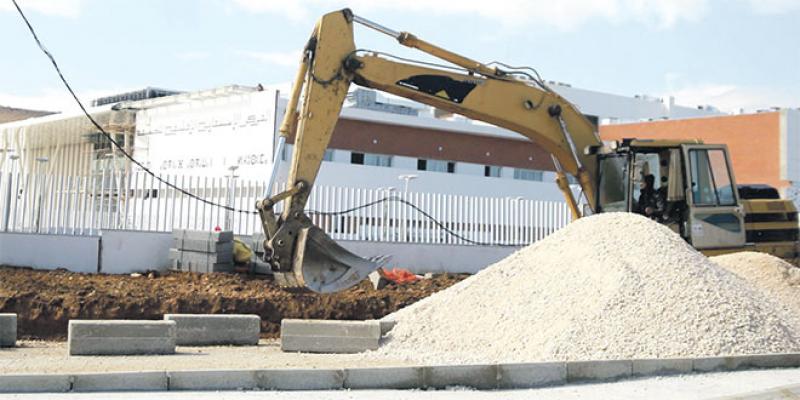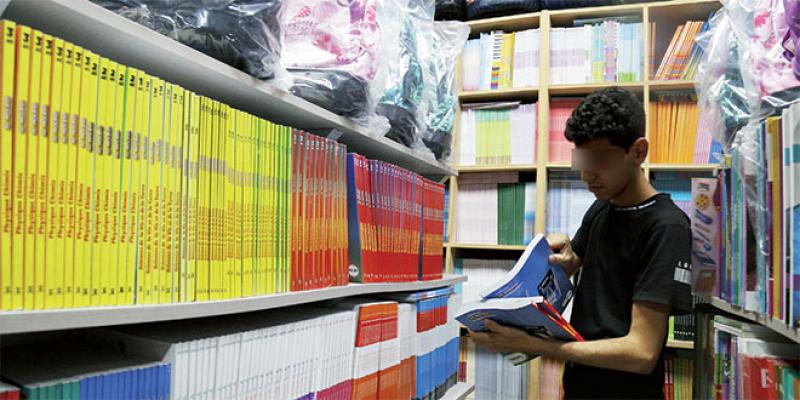The current situation of the dams hardly lends itself to optimism. The filling rate is at its lowest level. “We are in proportions that are similar to those of the three years of drought from 1980 to 1983 or even of the beginning of the 1990s. But the difference is that current water needs are much greater, particularly in agriculture, industry, tourism, or even taking into account the demographic evolution, the size of the cities, the rural world ...”, insists Fouad Amraoui, professor-researcher in hydrology and expert in water management.

It is a real latent crisis that is looming in relation to the availability of the resource and the drinking water needs, confirms the expert: “One should not look only at the big cities, there are also important needs in the open country where the population risks not having enough water to drink”. If the rains of next October and November are slow to come, the situation could worsen with serious collateral consequences, warns the researcher in hydrology. The Al Massira dam in the Settat region, which is also one of the most important structures in Morocco, is only 4% full! Even the Sidi Mohammed Ben Abdellah dam, which is exclusively dedicated to the production of drinking and industrial water, is getting empty. Fortunately, Al Wahda, one of the largest dams in Morocco (number 1), which safeguards the entire Gharb plain, is nearly 44% full, says the water management expert, putting things in perspective.
To avoid the worst scenario, a set of measures must be taken immediately. Admittedly, the public authorities have implemented a certain number of initiatives, in particular tanks in the rural world, restrictions, rationing in some towns, the basin interconnection project, desalination... But this will not be enough. “One will have to make heavy investments in terms of transferring water from the North to the South of the country”, recommend experts. “This year is a great test to review our water policy, especially in agriculture by reducing the varieties and crops that consume a lot of water... The issue of water will now have to be made a national priority in political choices”, maintains Professor Fouad Amraoui.
Despite this critical situation, there are still huge water losses in the cities. Moreover, half of the drinking water is lost each year in the networks, confirms the expert.
Amin RBOUB


























